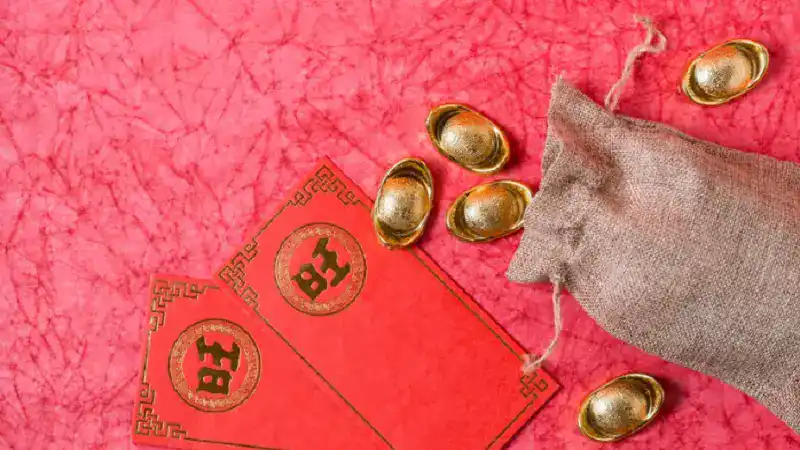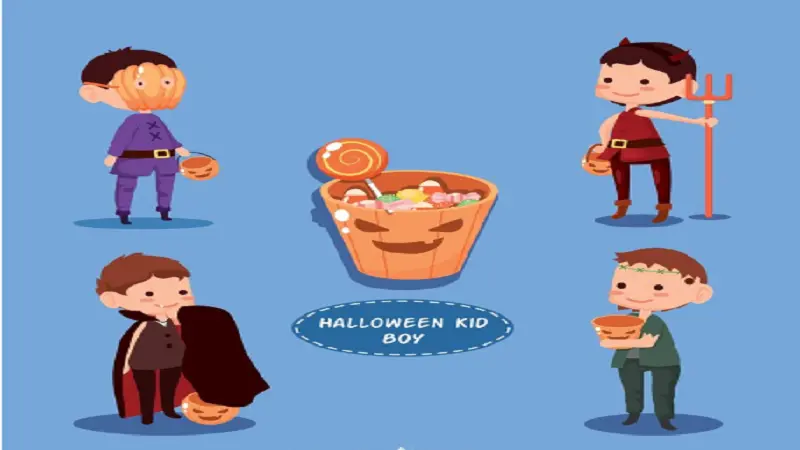The phrase “Amphoe Chang Wu Bang Bon lottery this period” blends several intriguing elements, likely referring to a district in Thailand (Amphoe Chang Wu Bang Bon), and the local lottery culture associated with the current period. Let’s break this down and explore its components: geography, culture, and the connection to the lottery system. This article delves into what makes this phrase significant in Thailand.
Understanding Amphoe Chang Wu Bang Bon
Thailand is divided into provinces, districts (Amphoe), and sub-districts (Tambon). The term “Amphoe Chang Wu Bang Bon” describes a district or locality, though it may be a variation or colloquial interpretation of an existing name. Let’s examine the possible identity and significance of this district.
Geographical Overview
In Thailand, districts often play a central role in governance, economy, and cultural heritage. Amphoe Bang Bon is a district in Bangkok known for its blend of urban and suburban lifestyles. It features local markets, temples, and a rich community life. However, the inclusion of “Chang Wu” might point to either a specific sub-region or a misinterpretation.
If “Chang Wu” refers to “Changwat” (province), this could mean a broader area associated with the Bang Bon district. Changwat is the Thai term for a province, and its mention alongside Bang Bon might indicate a relationship between local and provincial governance.
Cultural Significance
Districts like Bang Bon are famous for their vibrant community events, particularly those tied to Thai traditions. The phrase may point to a unique tradition or communal activity, like a lottery or a fair, reflecting the people’s cultural life.
The Thai Lottery System
Lotteries in Thailand are a significant cultural and economic phenomenon. Managed by the Government Lottery Office (GLO), the system is deeply embedded in Thai society. The mention of “lottery this period” ties into the bi-monthly lottery draws held on the 1st and 16th of each month. This section explores the Thai lottery system and its cultural context.
A Brief History
The Thai lottery began in 1874 under King Rama V as a means to generate funds for the government. Over time, it became a nationalized system that supports education, infrastructure, and charitable initiatives. Today, the lottery is one of the few legal forms of gambling in Thailand, regulated by strict laws.
How the Thai Lottery Works
Participants buy lottery tickets from authorized vendors. Each ticket contains two identical halves, ensuring authenticity. The draws are televised, creating a sense of anticipation and excitement across the country. Winners can earn substantial amounts, with prizes ranging from smaller sums to millions of baht.
The Role of Superstition and Numerology
Thai people often associate lotteries with superstitions, dreams, and numerology. Locals might interpret events, natural occurrences, or even animal sightings as indicators of lucky numbers. Temples and shrines frequently become focal points for lottery enthusiasts, seeking blessings or interpreting omens.
In Amphoe Chang Wu Bang Bon
If Amphoe Chang Wu Bang Bon is a real location, its local lottery culture might reflect broader Thai practices. Residents could gather at temples or markets to discuss lucky numbers or share tips. The area might also host unique traditions, such as specific ceremonies or rituals tied to the lottery.
Lottery Trends “This Period”
The phrase “this period” suggests an emphasis on the current or recent lottery draws. In Thailand, certain periods might gain extra attention due to:
- Festivals: Major Thai festivals, such as Songkran (Thai New Year) or Loy Krathong, often influence lottery trends. Numbers tied to festival dates or events may gain popularity.
- Local Events: In districts like Bang Bon, community milestones, temple anniversaries, or local fairs might inspire participants to choose related numbers.
- Astrological Significance: Thais often consult astrologers for lucky dates and numbers, tying cosmic events to lottery predictions.
Economic and Social Impacts
The lottery system significantly influences the Thai economy and society. Let’s explore its effects, especially within a community context like Amphoe Chang Wu Bang Bon.
Economic Contributions
The government uses lottery revenues for public welfare projects, including:
- Education
- Healthcare
- Infrastructure
In districts like Bang Bon, the funds might support local schools, road construction, or community programs.
Social Dynamics
The lottery fosters a sense of community. Whether discussing numbers at local markets or watching the draw together, it’s a unifying activity. However, it also highlights economic disparities, as many low-income families participate in hopes of improving their circumstances.
The Local Perspective: Amphoe Chang Wu Bang Bon
If we narrow the focus to the district level, the lottery culture might include:
- Special Events: Local draws or raffles tied to festivals or fairs.
- Communal Practices: Sharing predictions and stories, such as interpreting dream numbers or consulting monks for advice.
- Economic Participation: Vendors in Bang Bon selling tickets contribute to the district’s local economy.
Challenges and Criticisms
While the lottery is a popular pastime, it faces criticism for encouraging gambling tendencies. Efforts are made to regulate the system and promote responsible participation. Local communities, such as those in Amphoe Chang Wu Bang Bon, balance this with the cultural significance of the lottery.
Conclusion
The phrase “Amphoe Chang Wu Bang Bon lottery this period” encapsulates a fascinating intersection of geography, culture, and tradition. Whether it refers to a specific district or a symbolic representation, it highlights Thailand’s vibrant pottery culture. The current period’s lottery trends reflect a blend of ancient practices, communal spirit, and modern aspirations.
From the bustling streets of Bang Bon to the quiet contemplation of a temple, the lottery serves as a mirror of Thai society—one that reveals both its hopes and challenges. By understanding the nuances of this system, we gain insight into a unique cultural phenomenon that continues to shape lives across Thailand.














